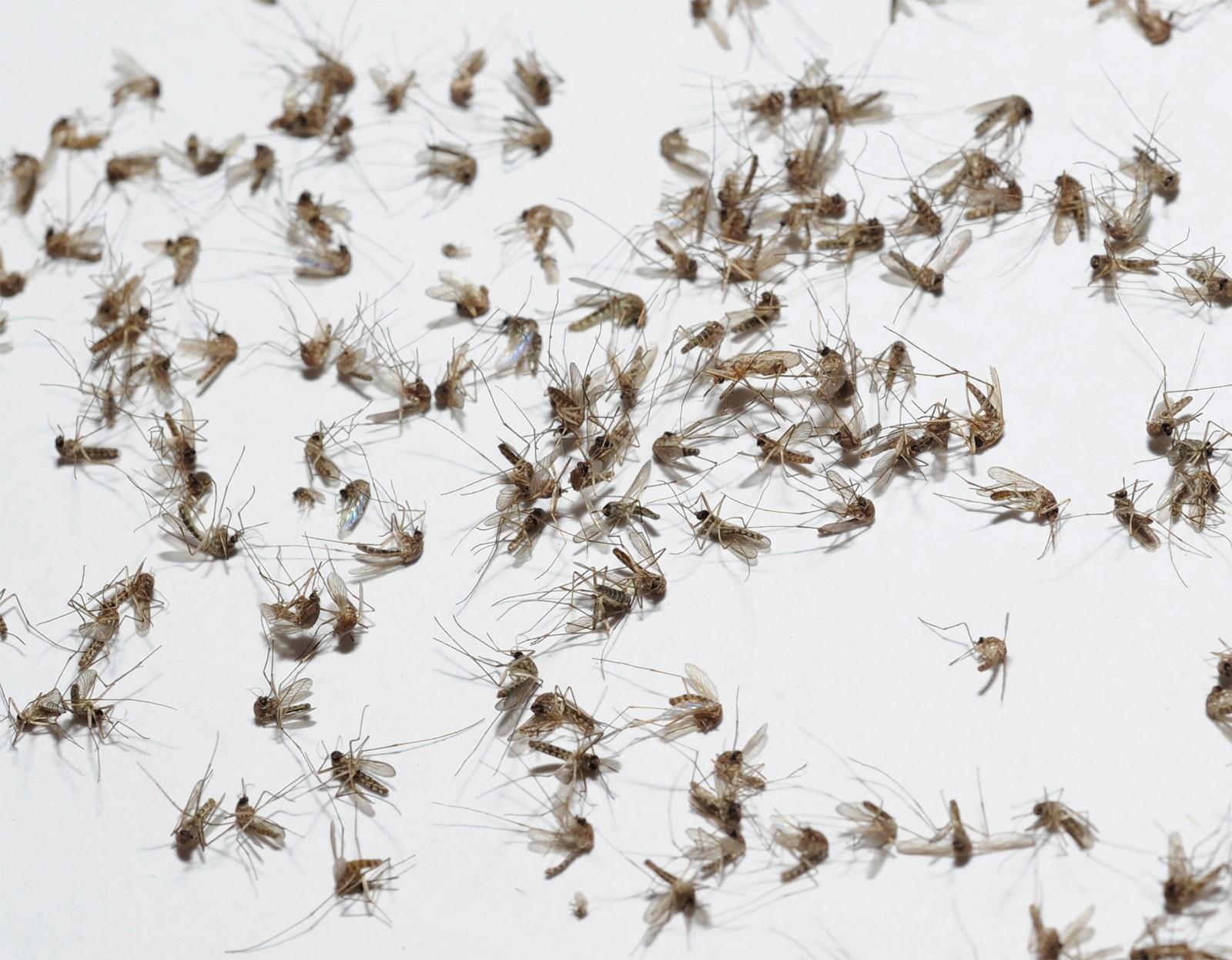There are a lot of strange news stories to come out of Florida, but this might be one of the strangest. There is about to be a mosquito invasion the likes of which Florida has never seen.
A British biotechnology company called Oxitec is planning to release millions of genetically modified mosquitoes into the Florida Keys, but only if the researchers win approval from the U.S. Food and Drug Administration.
These mosquitoes would be used to bite people and essentially make them immune to dengue fever and chikungunya, two extremely painful viral diseases that currently have no vaccines or cures. Cases of dengue and chikungunya in the United States are extremely rare, with chikungunya not even prominent enough to be labeled a “nationally notifiable disease” by the U.S. Centers for Disease Control and Prevention.
This would be the first time that insects with modified DNA have even come close to being released into a residential U.S. neighborhood, and people are not happy about it. There is a Change.org petition against the experiment that has more than 130,000 signatures. Theresa Eisenman, a spokeswoman for the FDA, told the Associated Press that no field tests would be allowed until the agency has “thoroughly reviewed all the necessary information.”
Michael Doyle, the executive director of the Florida Keys Mosquito Control District, is optimistic about the outcome of the experiment, he told the AP.
“This is essentially using a mosquito as a drug to cure a disease,” Doyle said. He is currently waiting on the FDA’s approval.
Climate change and globalization have been spreading tropical diseases farther from the equator to places like Key West, the southernmost U.S. city. Even though there are very few reported cases of both dengue and chikungunya in the United States, that theoretically could all change.
But residences of Key West say that those responsible for the experiment must do more to show that the benefits outweigh the risks. Oxitec should do more to prove that the synthetic DNA that would be injected into the mosquitoes causes no harm to humans, Guy Reeves, a molecular geneticist at the Max Planck Institute in Germany, told the AP.
Oxitec maintains that only male mosquitoes, which don’t bite for blood as females do, would be released. The DNA that would be injected into the mosquitoes also kills mosquito larvae, which means that they would not be able to breed and create more genetically modified mosquitoes. However, Oxitec has done this experiment before in other countries, and critics have accused them of failing to obtain informed consent in the Cayman Islands, saying residents weren’t told they could be bitten by a few stray females overlooked in the lab.
Oxitec spokeswoman Chris Creese told the AP that out of the 70 million mosquitoes already released in several other countries, including the Caymans, they have received no reports of negative human impacts caused by bites.
“We are confident in the safety of our mosquito, as there’s no mechanism for any adverse effect on human health,” she said. “The proteins are non-toxic and non-allergenic.”
Still, regardless of how safe these mosquitoes may be, experimentation on humans always raises the question of consent. It’s strange that the people who live in Key West have no control over this at all, and the FDA is the only governing body that gets to decide. Residents of Key West should be able to vote on whether or not they want genetically modified insects flying around where they live. While most people would never question the need to get a vaccine protecting against a deadly disease, there will always be people who don’t want to be given a particular drug. People can’t simply be given a drug against their will, even if it’s just the bite of a genetically modified mosquito.
There is also the question of the experiment’s legitimacy. Mosquitoes can fly, and therefore, this experiment is not easily containable. You can’t just place a bubble around Key West to ensure that the mosquitoes stay there. There’s no way to truly quantify this sort of experiment. To have an efficient and ethical experiment, you must be able to control all aspects of it. Things that fly are not easily controlled.
If Oxitec decided to make an Ebola vaccine, inject it into mosquitoes and release them somewhere where cases of Ebola are rampant and uncontrolled, that would be a much better use of genetically modified insects. But taking into account the rareness of dengue and chikungunya in the United States, it’s very possible that researchers are wasting time and effort on things that honestly don’t really matter to the area’s residents.
Taking some more time, doing good research and creating a real vaccine that definitely works would be a better use of time and resources. Also, it would make the experiment less like something out of a terrible science fiction movie.























































































































